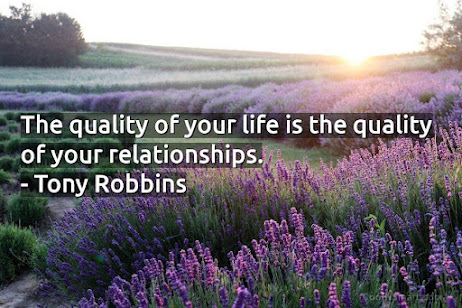Tony Robbins' assertion, "The key to success is to take massive, determined action," encapsulates the idea that achieving one's goals requires not only intention and planning but also relentless effort and perseverance. This perspective emphasizes the importance of proactivity, initiative, and resilience in realizing one's aspirations.
Firstly, taking massive action involves making bold, decisive moves towards one's goals. Rather than waiting for the perfect opportunity or circumstances to arise, successful individuals take initiative and seize control of their destinies. They are willing to step outside of their comfort zones, take calculated risks, and pursue their objectives with unwavering determination.
Moreover, the term "determined action" underscores the persistence and resilience required to overcome obstacles and setbacks along the way. Success is rarely linear, and setbacks are inevitable on the path to achieving ambitious goals. However, individuals who are committed to their objectives remain undeterred by challenges, setbacks, or failures. Instead, they view obstacles as opportunities for growth, learning, and refinement, and they persist in their efforts until they achieve their desired outcomes.
Furthermore, the concept of "massive action" emphasizes the importance of intensity and commitment in driving results. Rather than simply going through the motions or taking incremental steps towards their goals, successful individuals go all-in, devoting their full energy, focus, and resources to their pursuits. This level of commitment not only accelerates progress but also sends a powerful signal to the universe of one's intentions and determination to succeed.
Additionally, taking massive, determined action is essential for creating momentum and generating results. By making significant strides towards their goals, individuals create a positive feedback loop that fuels their motivation and propels them forward. As they begin to see progress and results from their efforts, they gain confidence in their abilities and momentum builds, making it easier to overcome obstacles and sustain their momentum towards success.
In conclusion, Tony Robbins' assertion that "the key to success is to take massive, determined action" highlights the importance of initiative, persistence, and intensity in achieving one's goals. By taking bold, decisive steps towards their objectives and persevering in the face of challenges, individuals can overcome obstacles, create momentum, and ultimately realize their fullest potential. Success is not merely a matter of luck or talent but rather a result of relentless effort and unwavering commitment to taking massive, determined action.
.jpg)
.jpg)


.jpg)




.jpg)



.jpg)

.jpg)


